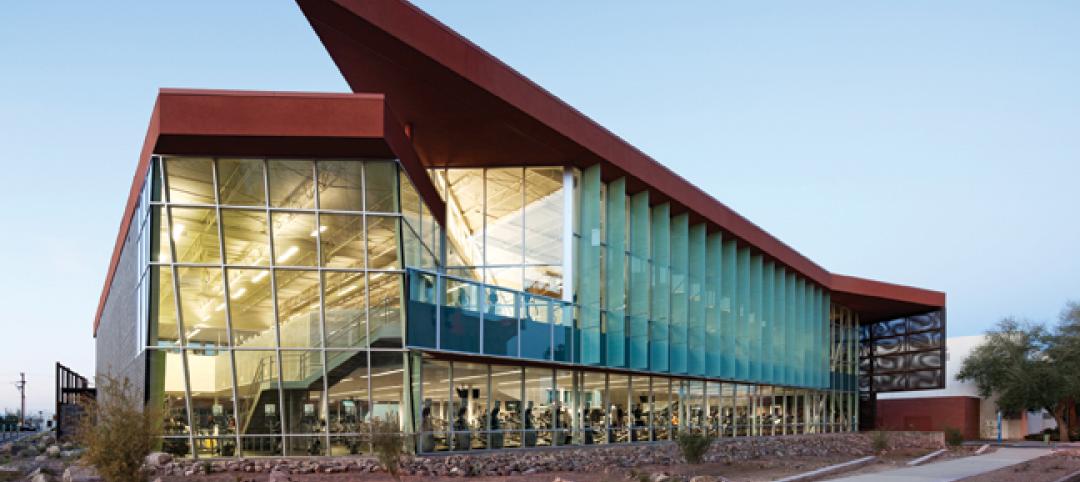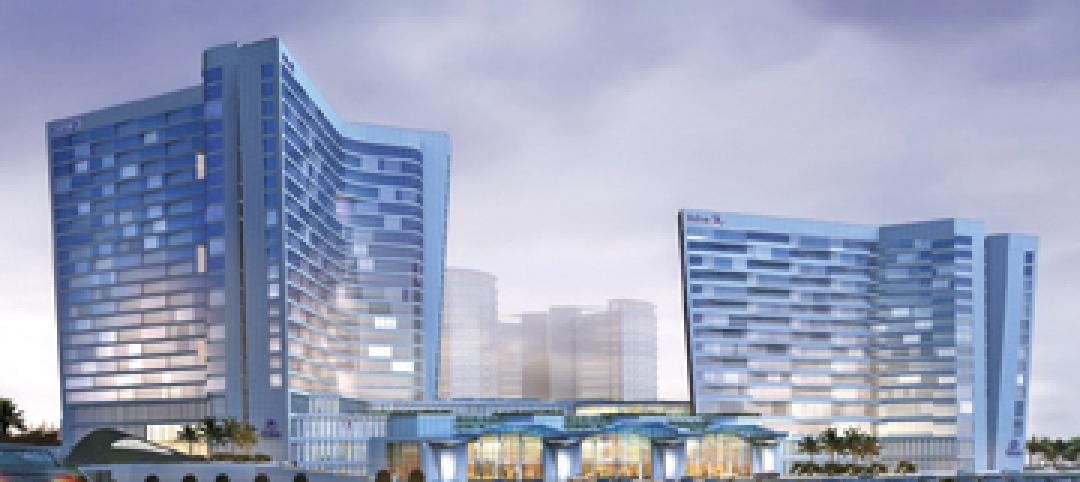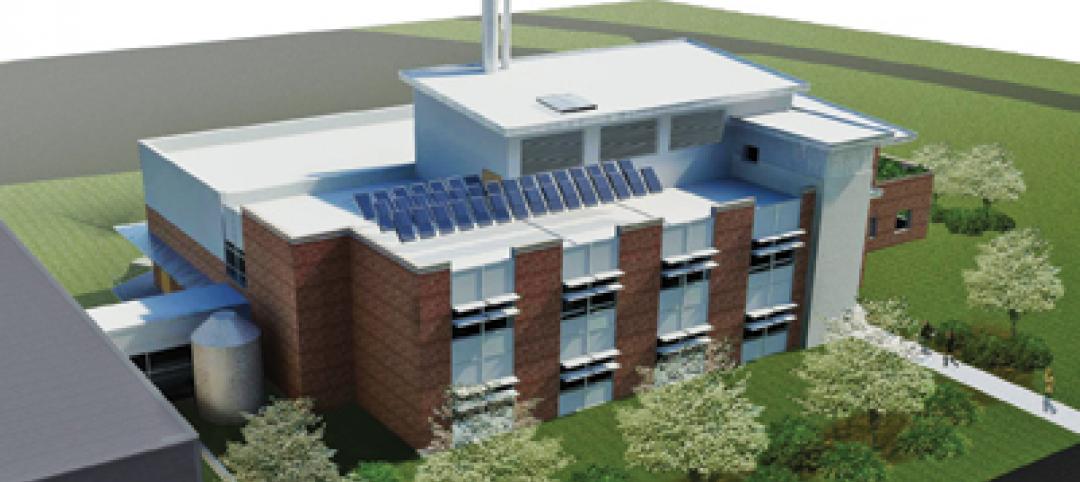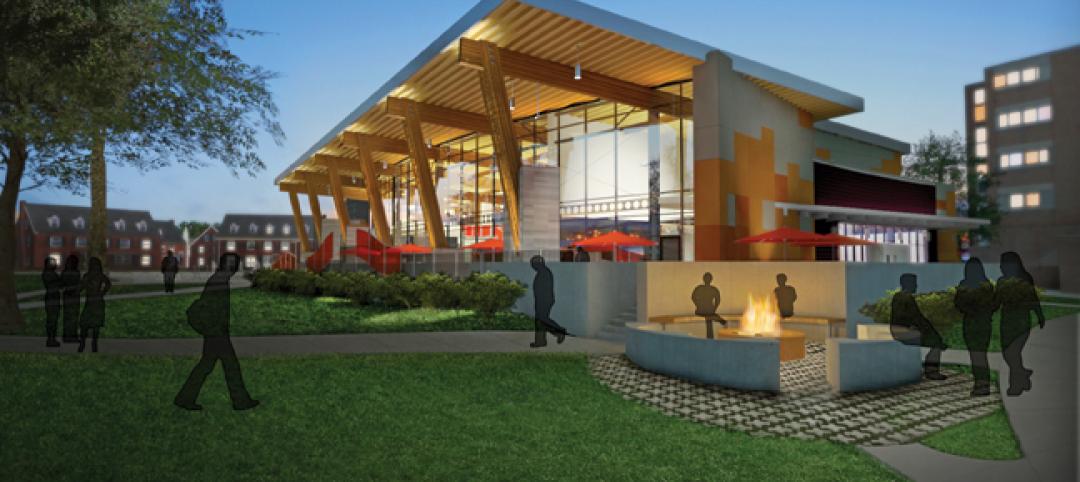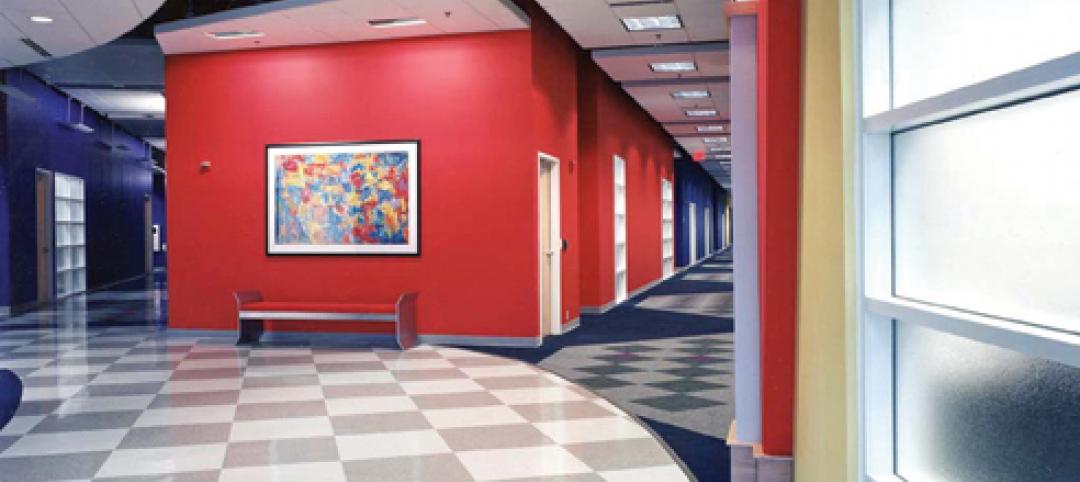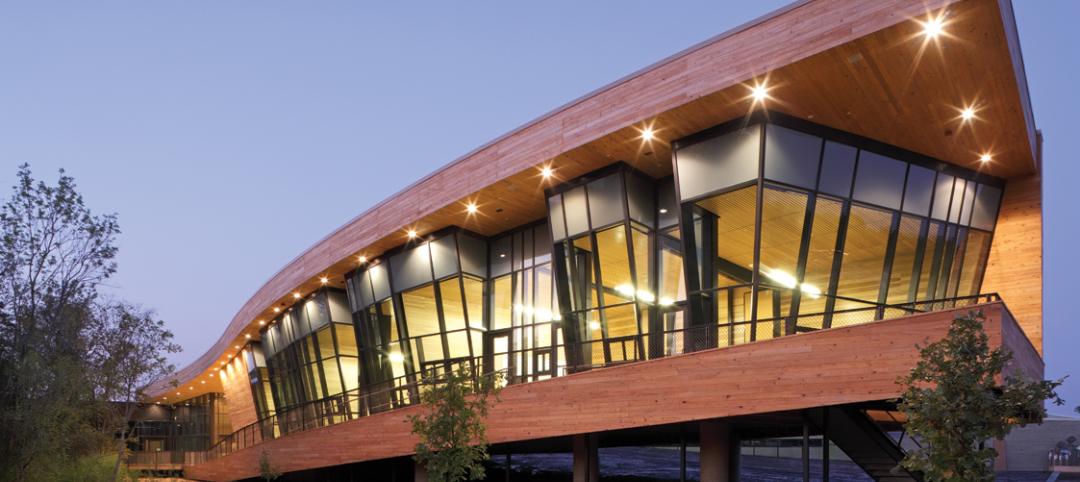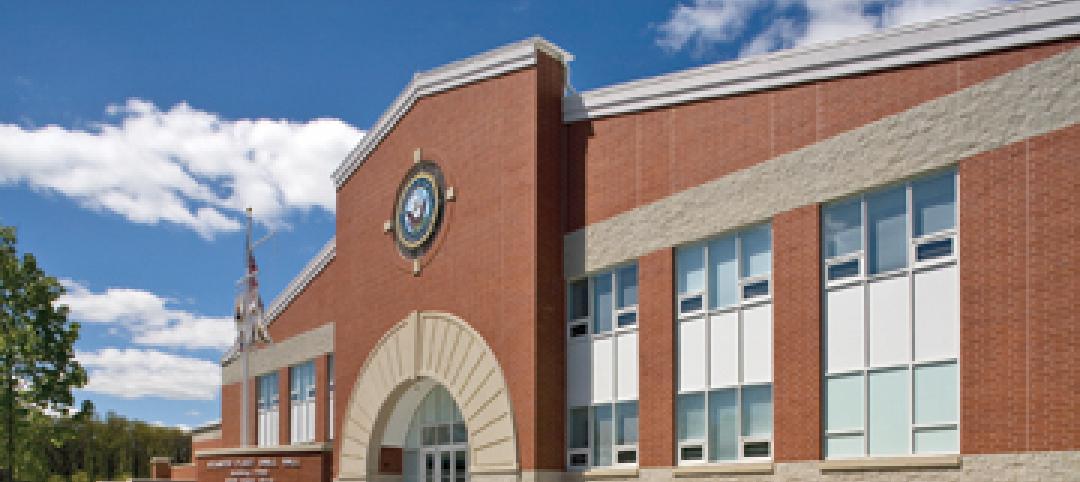Renewable energy is among the top emerging technologies being considered by data center owners to help address power and cooling costs, according to a Mortenson survey of corporate data center executives, data center developers and operators, and information technology providers at the 2014 Data Center World conference.
More than eight in 10 survey respondents (84%) feel that there is a need to consider renewable forms of energy, such as wind and solar, to manage future needs.
Energy is by far the biggest cost for data centers, making power and cooling considerations the most important drivers in determining location, design, and construction of facilities. In fact, the top item data center operators say they would most like to change about their facilities is greater energy efficiency. Nearly half of survey participants also believe a better power usage effectiveness (PUE) rating is achievable through improved technologies.
“Worldwide data usage continues to grow, which requires more infrastructure and power to support it, so it’s vital that we leverage innovation to help balance energy demand and supply,” said Scott Ganske, Director of Operations for Mortenson's Mission Critical Group. “There are a number of promising technologies that will drive energy efficiency forward in the next few years; and renewable energy increasingly makes economic as well as environmental sense for the energy supply chain. With costs dropping and operating efficiency rising, we believe renewables are rightly attracting interest from data center operators.”
The cost of producing wind has decreased 58% and solar power by 40% in the past five years, and costs continue to fall, making renewables more cost-competitive with traditional fuel sources in many markets.
At the same time, availability is steadily improving. Wind farms, for example, generate power 50% of the time now, up from 35% in 2007. Several leading technology firms in the U.S. are already investing in power purchase agreements (PPA) with wind energy producers to lock-in energy costs over the long term. Mortenson has built several of the wind farms, located in Illinois, Iowa, and Texas, that are a part of those PPA deals.
The Mortenson survey also covers such issues as:
• Current and future use of data center information management (DCIM)
• Leasing vs. owning facilities
• Growth expectations
• LEED trends
Read the full survey here.
Related Stories
| Nov 3, 2010
Sailing center sets course for energy efficiency, sustainability
The Milwaukee (Wis.) Community Sailing Center’s new facility on Lake Michigan counts a geothermal heating and cooling system among its sustainable features. The facility was designed for the nonprofit instructional sailing organization with energy efficiency and low operating costs in mind.
| Nov 3, 2010
Seattle University’s expanded library trying for LEED Gold
Pfeiffer Partners Architects, in collaboration with Mithun Architects, programmed, planned, and designed the $55 million renovation and expansion of Lemieux Library and McGoldrick Learning Commons at Seattle University. The LEED-Gold-designed facility’s green features include daylighting, sustainable and recycled materials, and a rain garden.
| Nov 3, 2010
Recreation center targets student health, earns LEED Platinum
Not only is the student recreation center at the University of Arizona, Tucson, the hub of student life but its new 54,000-sf addition is also super-green, having recently attained LEED Platinum certification.
| Nov 3, 2010
Senior housing will be affordable, sustainable
Horizons at Morgan Hill, a 49-unit affordable senior housing community in Morgan Hill, Calif., was designed by KTGY Group and developed by Urban Housing Communities. The $21.2 million, three-story building will offer 36 one-bed/bath units (773 sf) and 13 two-bed/bath units (1,025 sf) on a 2.6-acre site.
| Nov 3, 2010
Rotating atriums give Riyadh’s first Hilton an unusual twist
Goettsch Partners, in collaboration with Omrania & Associates (architect of record) and David Wrenn Interiors (interior designer), is serving as design architect for the five-star, 900-key Hilton Riyadh.
| Nov 3, 2010
Virginia biofuel research center moving along
The Sustainable Energy Technology Center has broken ground in October on the Danville, Va., campus of the Institute for Advanced Learning and Research. The 25,000-sf facility will be used to develop enhanced bio-based fuels, and will house research laboratories, support labs, graduate student research space, and faculty offices. Rainwater harvesting, a vegetated roof, low-VOC and recycled materials, photovoltaic panels, high-efficiency plumbing fixtures and water-saving systems, and LED light fixtures will be deployed. Dewberry served as lead architect, with Lord Aeck & Sargent serving as laboratory designer and sustainability consultant. Perigon Engineering consulted on high-bay process labs. New Atlantic Contracting is building the facility.
| Nov 3, 2010
Dining center cooks up LEED Platinum rating
Students at Bowling Green State University in Ohio will be eating in a new LEED Platinum multiuse dining center next fall. The 30,000-sf McDonald Dining Center will have a 700-seat main dining room, a quick-service restaurant, retail space, and multiple areas for students to gather inside and out, including a fire pit and several patios—one of them on the rooftop.
| Nov 2, 2010
11 Tips for Breathing New Life into Old Office Spaces
A slowdown in new construction has firms focusing on office reconstruction and interior renovations. Three experts from Hixson Architecture Engineering Interiors offer 11 tips for office renovation success. Tip #1: Check the landscaping.
| Nov 2, 2010
Cypress Siding Helps Nature Center Look its Part
The Trinity River Audubon Center, which sits within a 6,000-acre forest just outside Dallas, utilizes sustainable materials that help the $12.5 million nature center fit its wooded setting and put it on a path to earning LEED Gold.
| Nov 2, 2010
A Look Back at the Navy’s First LEED Gold
Building Design+Construction takes a retrospective tour of a pace-setting LEED project.





